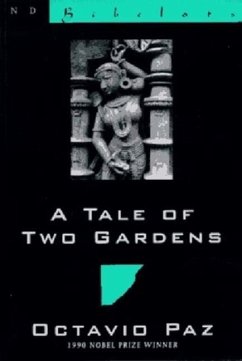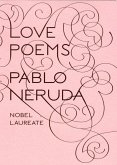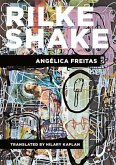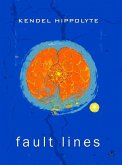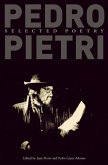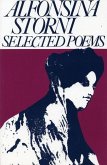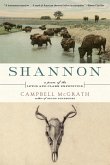Octavio Paz, 1990 Nobel Prize winner, declares that his many nonfiction books on the subject of India are only footnotes to his India poems. Those collected here cover more than 40 years of Paz's many and various commitments to Indiaas Mexican ambassador, student of Indian philosophy, and, above all, poet. "Paz's poetry is a seismograph of our century's turbulence, a crossroads where East meets West".PUBLISHERS WEEKLY.
Despite having written many acclaimed non-fiction books on the region, he has always considered those writings to be footnotes to the poems. From the long work "Mutra," written in 1952 and accompanied here by a new commentary by the author, to the celebrated poems of East Slope, and his recent adaptations from the classical Sanskrit, Paz scripts his India with a mixture of deft sensualism and hands-on politics.
Hinweis: Dieser Artikel kann nur an eine deutsche Lieferadresse ausgeliefert werden.
Despite having written many acclaimed non-fiction books on the region, he has always considered those writings to be footnotes to the poems. From the long work "Mutra," written in 1952 and accompanied here by a new commentary by the author, to the celebrated poems of East Slope, and his recent adaptations from the classical Sanskrit, Paz scripts his India with a mixture of deft sensualism and hands-on politics.
Hinweis: Dieser Artikel kann nur an eine deutsche Lieferadresse ausgeliefert werden.

